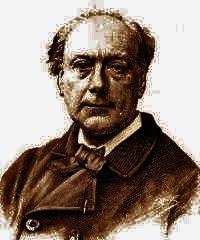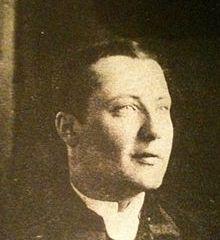William Shakespeare Quotes - Page 59
William Shakespeare (2016). “The New Oxford Shakespeare: Modern Critical Edition: The Complete Works”, p.1485, Oxford University Press
William Shakespeare (2003). “The Comedy of Errors”, p.174, Oxford University Press, USA
William Shakespeare (1857). “The Complete Works of Shakspeare, Revised from the Best Authorities : with a Memoir, and Essay on His Genius”, p.500
To be in anger is impiety, but who is man that is not angry?
William Shakespeare, Samuel Ayscough (1790). “An Index to the Remarkable Passages and Words Made Use of by Shakspeare; Calculated to Point Out the Different Meanings to which the Words are Applied. By the Rev. Samuel Auscough ..”, p.1101
'The Tempest' (1611) act 2, sc. 1, l. 10
Here is a rural fellow that will not be denied your Highness' presence: he brings you figs.
William Shakespeare (1868). “The Works of William Shakspeare. Life, Glossary, &c. Reprinted from the Original Edition, and Compared with All Recent Commentators”, p.531
William Shakespeare, Barbara Hodgdon (2010). “The Taming of The Shrew: Third Series”, p.148, A&C Black
'Henry IV, Part 1' (1597) act 3, sc. 1, l. [53]
William Shakespeare (2000). “Romeo and Juliet”, p.149, Classic Books Company
'Troilus And Cressida' (1602) act 1, sc. 2, l. [310]
'Measure for Measure' (1604) act 3, sc. 1, l. 75
William Shakespeare, William Harness, William Gilmore Simms (1842). “The Complete Works of William Shakspeare”, p.316
'Romeo And Juliet' (1595) act 2, sc. 2, l. 158
William Shakespeare, John Payne Collier (1853). “The Works of Shakespeare: The Text Regulated by the Recently Discovered Portfolio of 1632, Containing Early Manuscript Emendations ; with a History of the Stage, a Life of the Poet, and an Introduction to Each Play”, p.202
William Shakespeare (1867). “The Works of William Shakespeare”, p.293
William Shakespeare (2013). “Histories of Shakespeare in Plain and Simple English (a Modern Translation and the Original Version)”, p.516, BookCaps Study Guides
William Shakespeare (1833). “The plays and poems of William Shakspeare”, p.847
Greatness, once fallen out with fortune, must fall out with men too.
William Shakespeare, Thomas Dolby (1872). “Dictionary of Shakespearian Quotations: Exhibiting the Most Forcible Passages, Illustrative of the Various Passions, Affections and Emotions of the Human Mind”, p.123
William Shakespeare (2016). “The New Oxford Shakespeare: Modern Critical Edition: The Complete Works”, p.2863, Oxford University Press
William Shakespeare (1863). “The Works of William Shakespeare: The taming of the shrew. All's well that ends well. Twelfth night. The winter's tale”, p.127
If you spend word for word with me, I shall make your wit bankrupt.
Samuel Ayscough, William Shakespeare (1827). “An index to the remarkable passages and words made use of by Shakespeare”, p.109
'Henry VIII' (1613) act 4, sc. 2, l. 21
William Shakespeare (1780). “Supplement to the Edition of Shakespeare's Plays Published in 1778”, p.227







